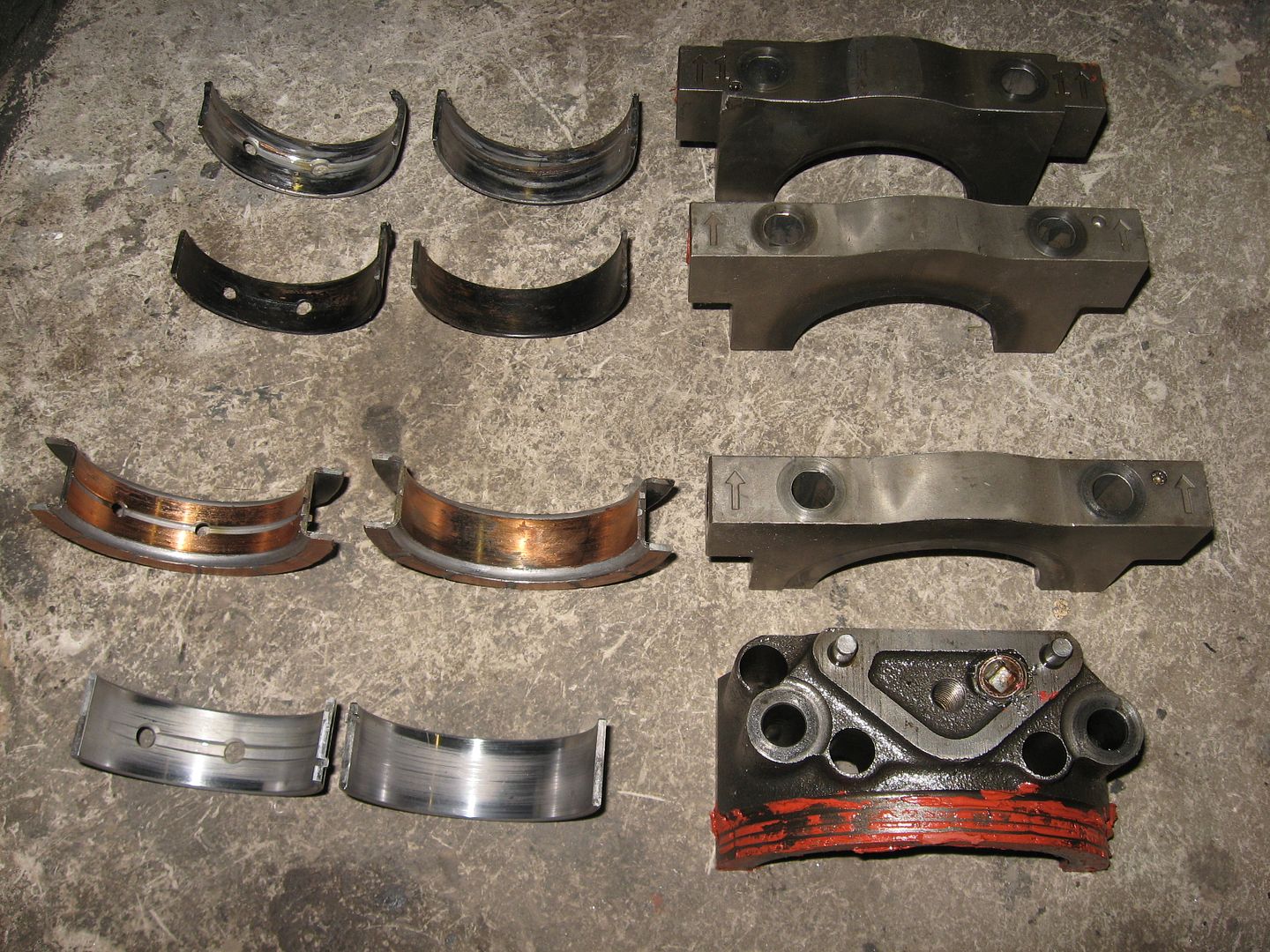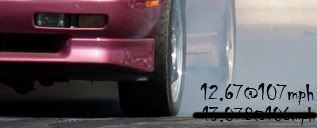Might I recommend creating a new thread for the new build? Feel free to link this one at the beginning of the new, but with as long as this one is getting, I feel it would be better to split the 2 builds up.
Announcement
Collapse
No announcement yet.
roller lifters with 2.8
Collapse
X
-
-Brad-
89 Mustang : Future 60V6 Power
sigpic
Follow the build -> http://www.3x00swap.com/index.php?page=mustang-blog
-
I also remember Will on the fiero forum "porting" the block of his Northstar V8, by opening up holes in the webbing of the block to increase bay to bay breathing, not sure if that would be worth anything on one of our V6's though."I am not what you so glibly call to be a civilized man. I have broken with society for reasons which I alone am able to appreciate. I am therefore not subject to it's stupid laws, and I ask you to never allude to them in my presence again."
Comment
-
The harmonic dampner is mainly used to absorb the torsional(twisting) loading and unloading of the crankshaft. Cant remember the numbers but the 660 has a more prominent secondary imbalance, but not very noticable.
Primary imbalance is the forces that act on the axis parallel with the crank(front to back) and secondary is perpendicular(side to side). IMO the failure was not the dampner but a problem with the oiling of the 2 and 3 main bearings. If it was excessive torsional harmonics, the front and rear mains would be the failure points. Im going to take a wild guess but it sure seems as it the oil pump could not feed the oiling system adequetly, my guess is too little clearance between the pick up and bottom of the oil pan. Could also be oil starvation in hard cornering due to sloshing. Just my 2 pennies...'86 Grand National
Comment
-
Hey thats a good idea.Originally posted by bszopi View PostMight I recommend creating a new thread for the new build? Feel free to link this one at the beginning of the new, but with as long as this one is getting, I feel it would be better to split the 2 builds up.
If everybody agrees, I creat a new thread for the new build.
There are 45 00 views in this thread, pretty much I say.
And if anybody has comments or something to this "old" thread, keep them coming.
This foto is from the main bearings.
It can be seen that the #1 and #4 bearings are OK, the #1 got only hurt when the crank snapped,
the silver colour can still be seen.
The crank twisted , the front section of the crank broke, so that there is some damage seen in the bearing surface.
#2 and #3 bearings do not look good.
#2 is the key factor to this issue.
If the issue was the oiling of the main bearings, why do #1 and #4 bearings look OK.
Some of you may remember , there was oiling issue with the dry sump a year ago,
but I am sure the oil pressure stayed this time OK (5 kg/cm2 = 71 psi) .

Comment
-
A new thread for a new build sounds like a good idea, just post a link to the new thread in this one when you do, and vise versa.
Sometimes oiling problems can show up on only one a or a couple journals. I'd have to map out the oil system but it's possible that the #2 main gets less oil or is delayed getting oil and that may starve that particular journal for oil. There's no question it got hot from friction, why there was a lack of oil to that journal is what needs to be determined.
Comment
-
Not sure, but I think what David did here could be helpful. The main info is on post #69. There may be other things in the topic too.
From what little I know you must use a netural(or zero) balance damper for the new crank. I'd say one like that from ATI would be just fine. At this point I'd sure like to know what they use in NASCAR and Le Mans.
Looking at the GTE-AM classes may be the thing to do for Le Mans.Last edited by Purple pit; 06-30-2014, 07:13 PM.95 Beretta 3100 with 3400 intakes and TCE TB
High flow cat and a Magnaflow muffler
Grand Prix trans with 3.33FDR
Comment
-
My friend just had an interesting suggestion. Use 3.1 pistons with longer rods to get the longest rod possible in there. Similar to what GM did when they put longer rods in the 3500 vs 3400 which have the same stroke.'89 Firebird, 3500 Turbo, T56, 9-bolt/4.11
'86 Fiero, 3500, 4-speed
Comment
-
I don't even want to know how much he has invested in H beam rods and forged pistons but I think right now going back to a stock rod and piston is not a wise choice. And from what I can gather on Ben's website, the 2.8 to the 3400 rod is all the same length at 5.7" They just changed the piston to account for the extra stroke on the 3.1 cranks.
Got Lope?
3500 Build, Comp XFI Cam 218/230 .050 dur .570/.568 lift 113LSA
Fully Balanced, Ported, 3 Angle Valve Job, 65mm TCE TB, S&S Headers.
Stage-1 Raybestos/Alto 4t60e-HD, EP LSD, 3.69FDR
12.61@105 Epping NH Oct 2015 Nitrous 100shot (melted plugs) 13.58@98.8 N/A 3200LBS
Comment
-
Exactly, 2.8, 3.1, 3100, 3.4 and 3400 all use the same 5.7" long rod.Originally posted by 3400-95-Modified View PostI don't even want to know how much he has invested in H beam rods and forged pistons but I think right now going back to a stock rod and piston is not a wise choice. And from what I can gather on Ben's website, the 2.8 to the 3400 rod is all the same length at 5.7" They just changed the piston to account for the extra stroke on the 3.1 cranks.
Comment
-
Yes I meant 3.1 sized pistons not go back to stock. The shorter compression height would allow a longer rod to be used. I've also read that a longer rod reduces piston speed around TDC allowing for more complete combustion.'89 Firebird, 3500 Turbo, T56, 9-bolt/4.11
'86 Fiero, 3500, 4-speed
Comment


Comment